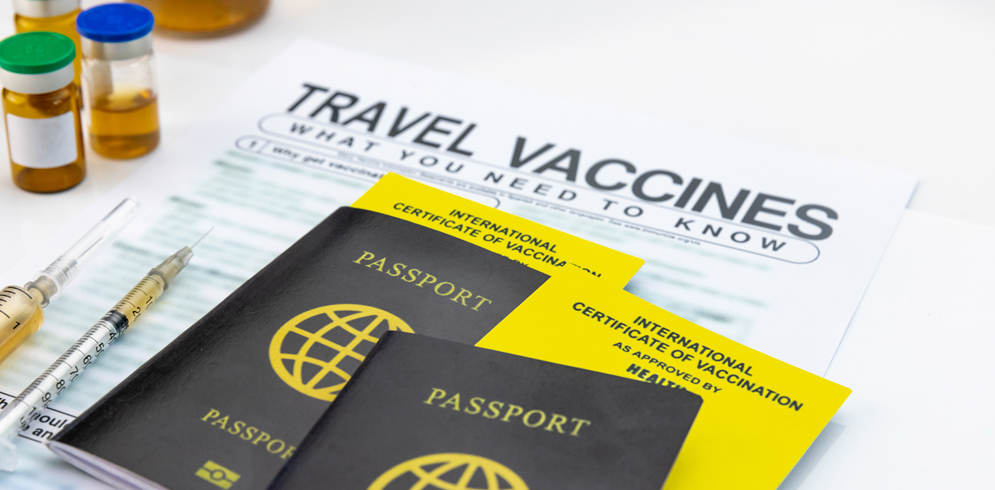Authentic Tanzania Cultural Tours: Discover the Diverse Tribes and Traditions of East Africa
Blog

When embarking on a journey to Tanzania, safeguarding your health is paramount. Here’s an informative guide on the necessary vaccinations and precautions to take for a safe and enjoyable trip to Tanzania.
Recommended Vaccines and Preventive Measures
Before traveling to East Africa, it’s crucial to understand the recommended vaccines and preventive measures. To determine which vaccinations are essential for your trip, consult a healthcare provider who can assess your travel plans and personal health.
Malaria Prevention
Malaria poses a serious risk in East Africa. Protect yourself by seeking prescription antimalarial drugs from your healthcare provider. Choose from options like atovaquone/proguanil, doxycycline, mefloquine, or primaquine under special circumstances.
Yellow Fever
For entry into Tanzania from countries with yellow fever presence, such as Kenya, a yellow fever vaccination certificate is mandatory.
Food and Waterborne Diseases
Guard against food and waterborne diseases by ensuring the safety of your food and drinking water. These illnesses, stemming from viruses, bacteria, or parasites, are a primary cause of traveler discomfort. Safeguard against infections such as E. coli, Salmonella, cholera, and typhoid fever.
COVID-19 Measures
As of September 15, 2022, air travelers to Tanzania are exempt from vaccination and testing requirements for COVID-19. However, land border crossings necessitate specific measures:
-Fully vaccinated travelers arriving via land borders are exempt from COVID-19 test requirements, provided they present valid vaccination certificates.
-Unvaccinated or incompletely vaccinated travelers must show a negative PCR test taken within 72 hours before entering Tanzania through land borders. They may also need a Rapid Antigen Test on arrival.
Ebola Precautions
Though you might have heard about Ebola outbreaks in Africa, the risk of exposure to Ebola while in Tanzania is currently zero. Previous outbreaks were distant and isolated, occurring in West Africa. The virus transmits through direct contact with infected body fluids, posing minimal risk to tourists.
In Conclusion
Prioritizing your health is crucial while preparing for a Tanzanian adventure. By following recommended vaccinations, antimalarial medications, and preventive measures against diseases, you can fully enjoy your journey while staying safe and well.
Drop us a line. Our Safari experts will answer all your questions in 24 hours